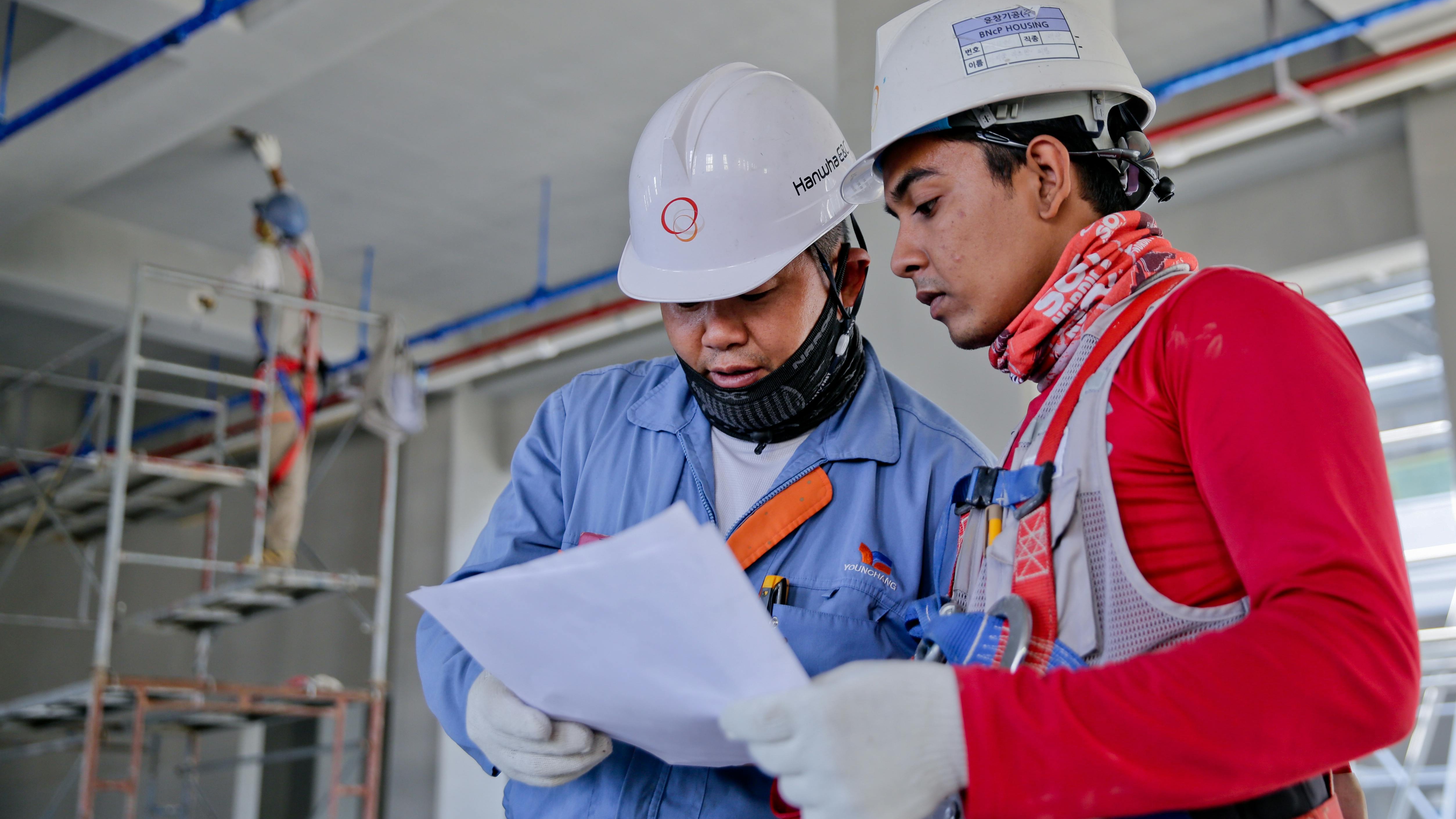
The Crucial Role of HR in AI Integration
As companies strive to integrate artificial intelligence into their workforce, a crucial element often overlooked is the role of Human Resources (HR). According to a recent report by Behave titled The RenAIssance: Closing the gaps to unlock AI’s full potential, HR teams are central players in overcoming the obstacles related to successful AI adoption. As businesses increasingly realize the importance of AI, understanding the relationship between employees and technology becomes imperative.
Filling the Gaps in AI Adoption
Behave's report identifies three critical gaps hindering the effective implementation of AI in the workplace: the motivation gap, the proficiency gap, and the ethics gap. Rather than being seen as barriers, these gaps represent potential growth opportunities for organizations willing to reimagine how employees interact with AI.
Dr. Alexandra Dobra-Kiel, Innovation & Strategy Director at Behave, stresses that HR must act as a bridge between the technical and the human aspect of this integration. Addressing employees’ fears—such as concerns over job displacement and the ethical implications of AI decisions—is vital in fostering trust and mitigating resistance to change. HR leaders are encouraged to create environments where employees feel included in discussions about AI, improving engagement and commitment to new technologies.
Empowering Employees with Continuous Engagement
Effective communication is essential. HR teams should implement continuous and transparent engagement strategies that provide clarity regarding the AI transformation. As employees navigate new tools—be it chatbots, AI-driven recruiting software, or video screening tools—they must feel empowered and informed about how these changes affect their roles.
Moving Towards a Harmonious Future
The future of work is undoubtedly intertwined with AI, and HR is positioned at the forefront of this evolution. By addressing these gaps and fostering a symbiotic relationship between technology and the workforce, businesses can harness the full potential of AI. This proactive approach not only benefits employee morale but also enhances overall organizational performance.
As HR technology continues to evolve, staying informed about tools like people analytics, assessment tools, and HR automation will be crucial for leaders looking to cultivate a responsive and effective workplace. The question now remains: Is your organization prepared to embrace this change?
 Add Row
Add Row  Add
Add 




 Add Row
Add Row  Add
Add 

Write A Comment